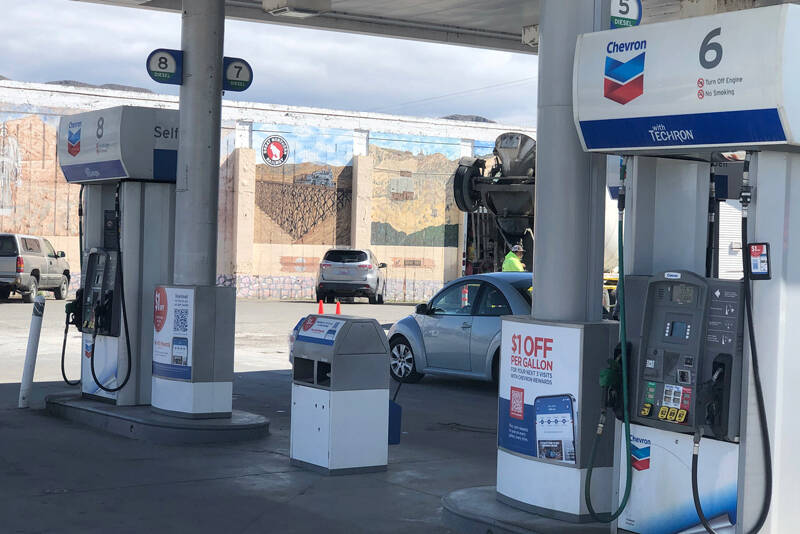By Brett Davis | The Center Square
(The Center Square) – Washington state’s gas prices have increased between 35 to 52 cents more than neighboring states since Washington’s carbon tax went into effect at the beginning of the year, according to a free-market think tank.
The state’s inaugural auction on Feb. 28 of emissions allowances under the cap-and-trade program established by the Climate Commitment Act brought in just under $300 million, the Department of Ecology says.
Per the Climate Commitment Act passed by the state Legislature and signed into law by Gov. Jay Inslee in 2021, Washington’s cap-and-trade program requires emitters to obtain “emissions allowances” equal to their covered greenhouse gas emissions. Similar to stocks and bonds, these allowances can be obtained through quarterly auctions hosted by Ecology.
“Since the beginning of the year, the difference between Washington’s gas prices and the average of Oregon and Idaho increased by about 44 cents per gallon,” Washington Policy Center environmental policy head Todd Myers wrote in a blog Monday, citing data from AAA.
“We can also use the AAA data to compare Washington to other West Coast states, including California, Idaho, Nevada, and Oregon. Using that comparison, the gap between Washington’s gas prices and the West Coast has increased by about 35 cents per gallon since the beginning of the year.”
The difference is even more stark based on data from GasBuddy, a Boston-based company that operates apps and websites on finding real-time fuel prices at gas stations across the U.S. and Canada.
“In January the prices began to diverge suddenly,” Myers said. “The difference went from about 3 cents per gallon at the end of the year to about 49 cents per gallon on April 17 – an increase of 46 cents per gallon. Comparing Washington to the average of Oregon and Idaho yields a similar result, an increase of about 52 cents per gallon in the difference since the beginning of the year.”
In his blog, Myers pointed out the Department of Ecology’s website continues to claim that “the potential impact on gas prices is expected to remain low – about 1% to 3% in 2023,” or between 4 to 12 cents per gallon.
He went on to excoriate both the Department of Ecology and Inslee for refusing to recognize the numbers.
“It is strange that the Department of Ecology continues to deny the evidence which includes real-world prices, actual invoices from fuel suppliers, and agreement by other states (including California and Oregon) that these policies increase gas prices,” he said. “It is even more ridiculous when the express purpose of CO2 taxes is to increase gas prices and provide an incentive to use less gasoline and other CO2-emitting fuels.
“And yet, the governor and staff at the Department of Ecology still blame everyone but themselves for rising gas prices,” he added.
The Center Square reached out to the Department of Ecology and the Governor’s Office for comment on the WPC blog.
The Department of Ecology did not reply, but Inslee spokesperson Mike Faulk did.
“The state does not deny emissions reductions can have a small impact on fuel prices, but these inflated claims about what causes price volatility are plainly speculative,” he said in an email. “The blog ignores a host of known factors to reach its predetermined conclusion.”
Faulk pointed to some of the many factors that determine the price of fuel.
“Gas prices are primarily driven by supply and demand,” he said. “Deliberate actions by groups like OPEC have further driven up prices here and across the world. The fossil fuel industry continues to make obscene profits post-pandemic. The industry also makes inordinate profits in our region compared to other parts of the country due to a number of factors that are not related to emissions reduction policies.”







